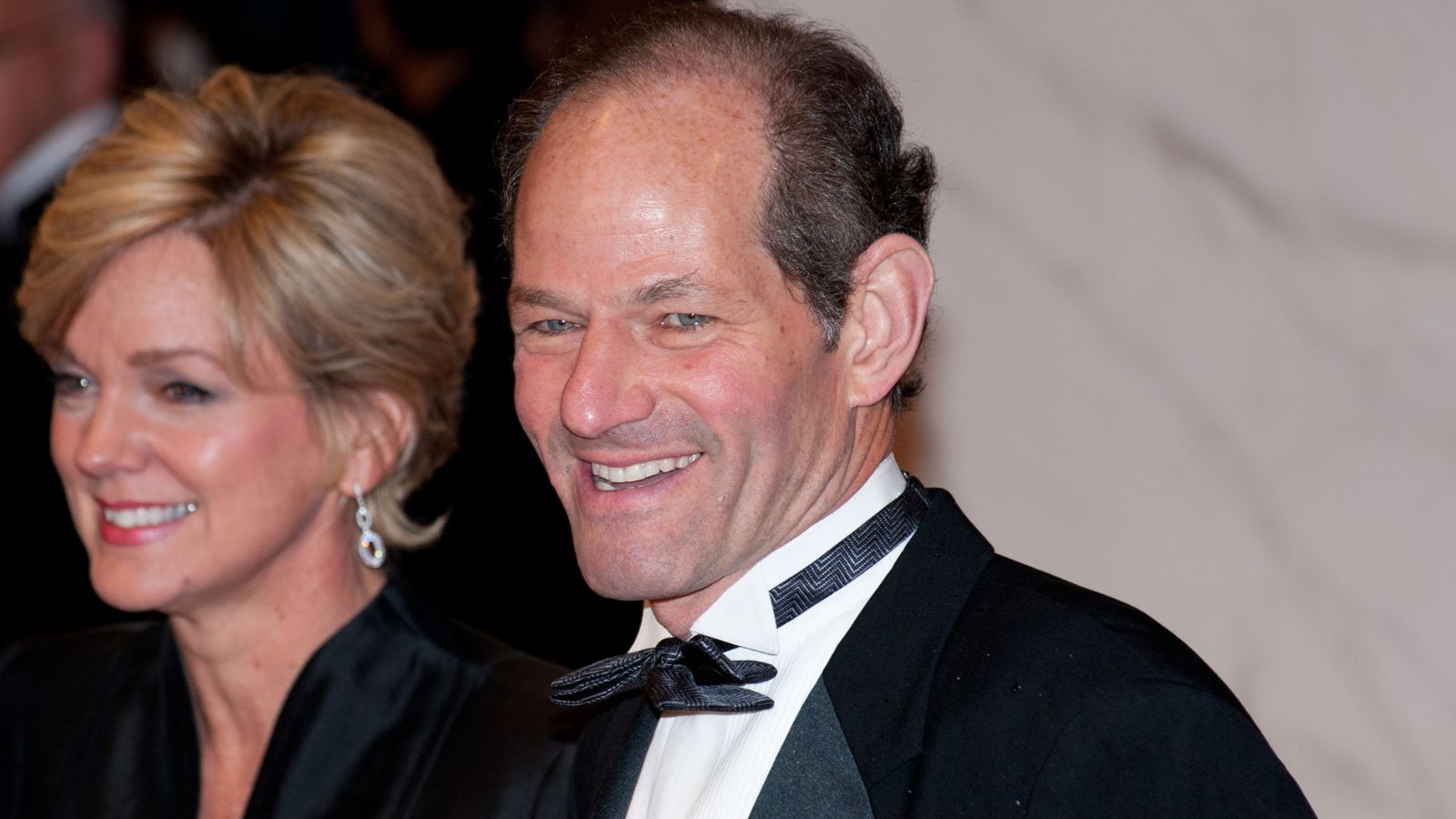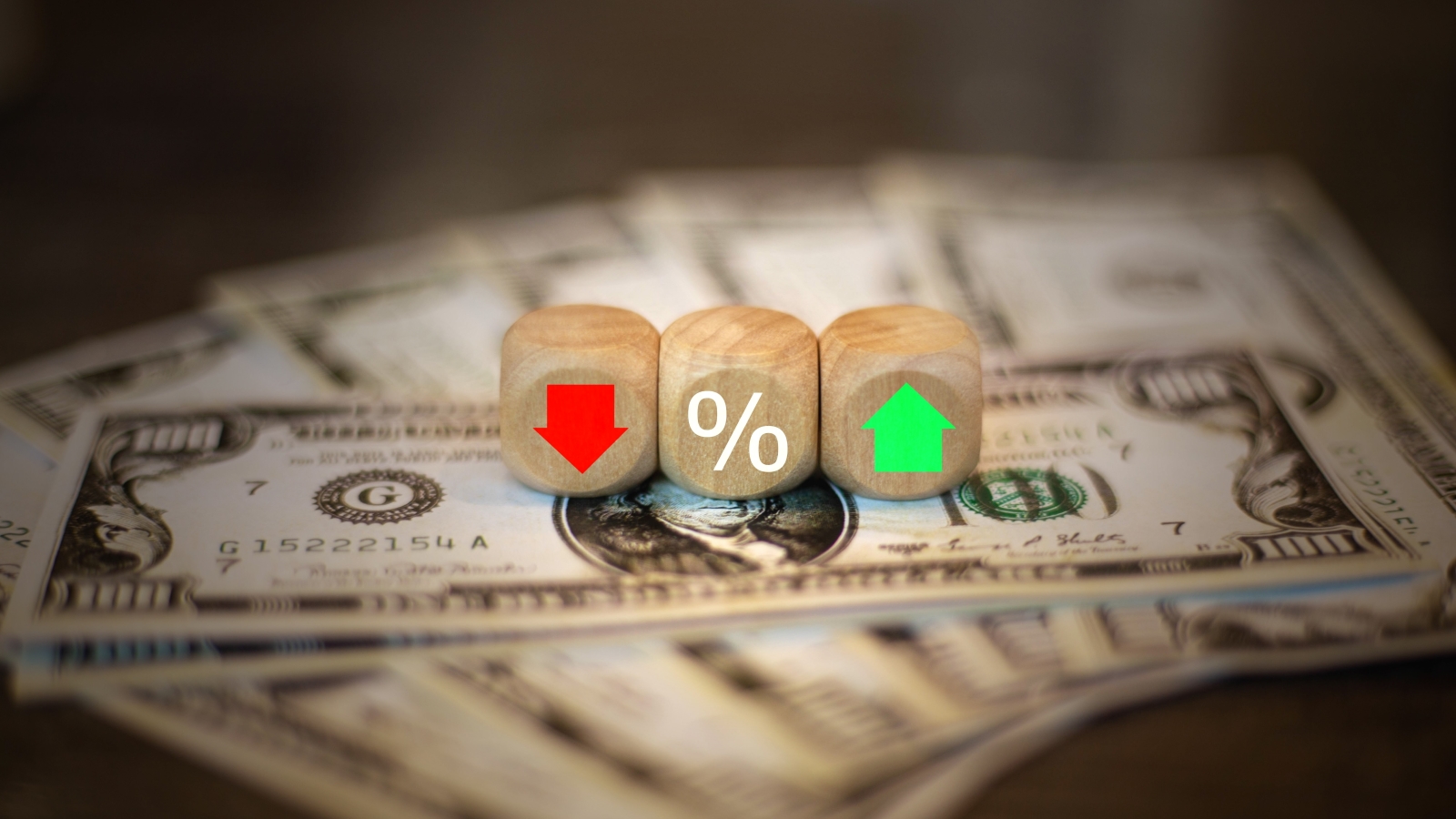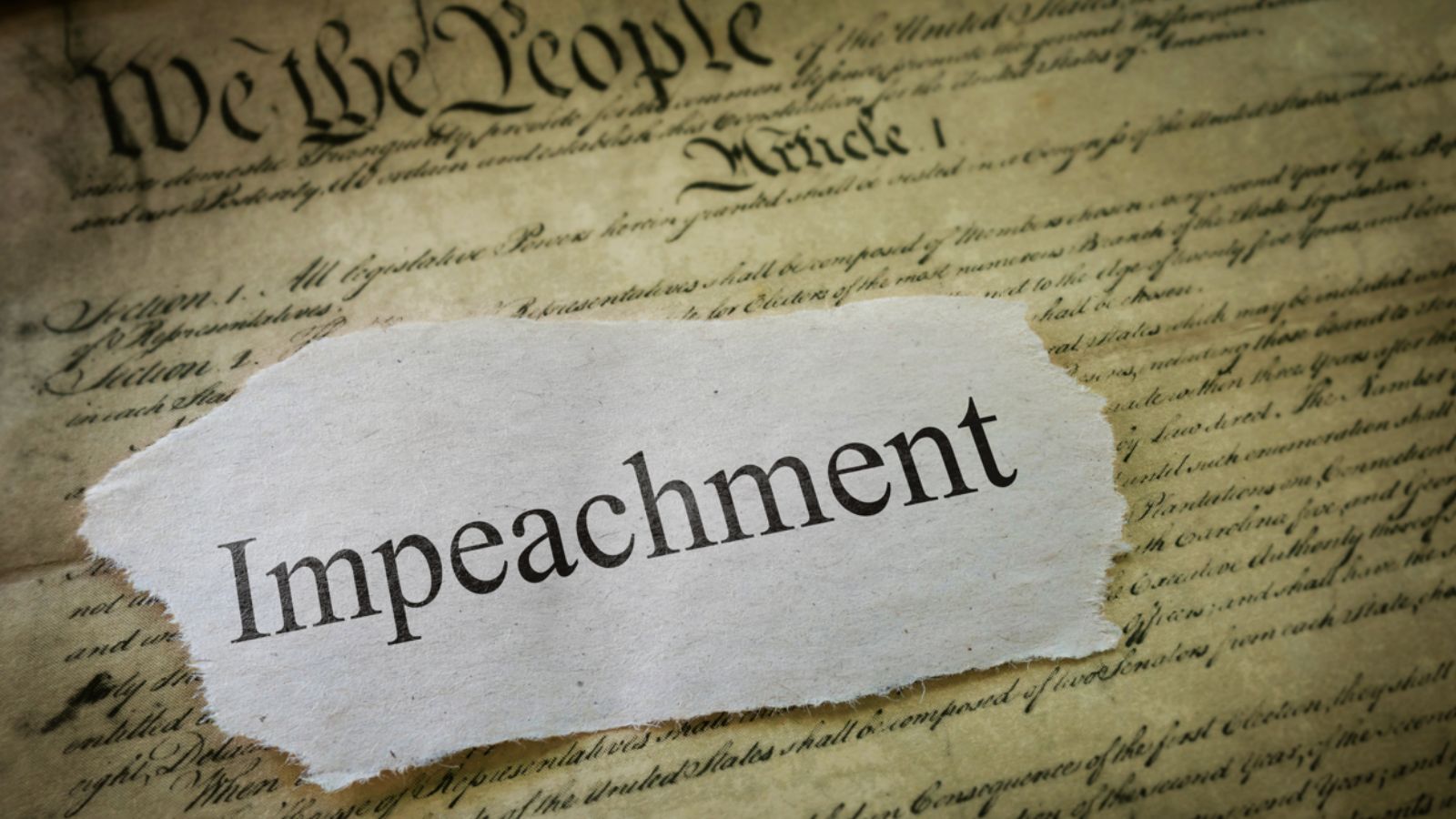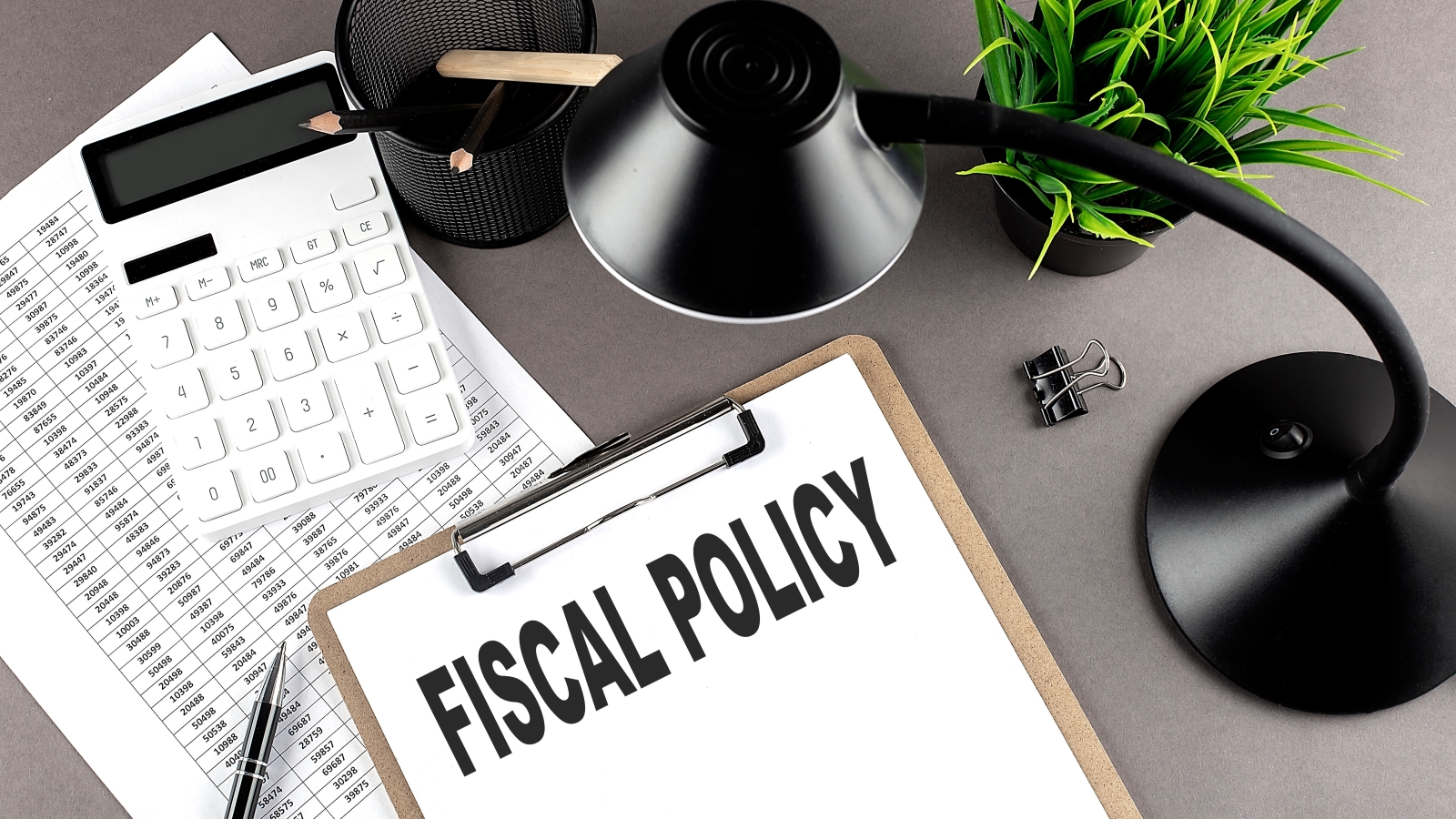Aging, an inevitable and innate progression, brings manifold transformations in our bodies. As the years advance, a plethora of alterations manifests. Although numerous are beneficial, accompanied by sagacity and life encounters, a fraction can elicit vexation and despair. Crossing the threshold of 60 initiates encounters with such metamorphoses. From the emergence of facial lines to the onset of arthritis and from lapses in recollection to diminishing auditory acuity, myriad factors contribute to a perception that one’s physique is not as it once was. This article endeavors to scrutinize 19 of the most exasperating bodily vicissitudes post the age of 60.
Grey Hair in Odd Places

Image Credit: Shutterstock.
It’s not solely about the hair atop your head – a discerning look in the mirror may unveil the presence of gray eyebrow hairs or the sudden whitening of an eyelash. And have you taken a moment to inspect your ear and nose hairs recently? Let’s not omit considerations for private parts as well! The prospect prompts a genuine question: Can we actually dye those areas? It reflects the pervasive nature of aging, transcending beyond the apparent to encompass even the minutiae of hair pigmentation changes in various bodily regions. According to Research Gate, people start dying their hair at 45, with those over 60 having full grey hair by 54.
Memory Loss

Editorial credit: Ground Picture / Shutterstock.
Another facet of aging, both exasperating and occasionally disheartening, is the onset of memory loss. Recollecting crucial details or conversations becomes challenging, giving rise to sentiments of confusion and frustration. The experience includes misplacing keys, entering the kitchen with a forgotten purpose, overlooking loved ones’ birthdays, questioning pill consumption, and ensuring car door security. The amalgamation of these lapses evokes a poignant blend of sadness and trepidation, underscoring the poignant and sometimes unsettling nature of memory decline in the aging process.
Food Will Taste Different

Editorial Credit: LightField Studios / Shutterstock.
According to Starts At 60, alterations in taste perception are imminent. Have you ever reflected on the moments when your Grandma liberally sprinkled salt on her supper? This culinary preference shift is attributed to your taste buds’ ongoing transformation and evolution. The cells discerning various aromas dwindle at an accelerated pace without replenishment. Rather than resorting to a mere salt boost for intensified flavor, it is advised to delve into the realm of experimenting with diverse seasonings to elevate the overall palatability of the dish.
Dryness in Private Places

Editorial credit: fizkes / Shutterstock.
Women understand the sentiment being discussed – an undeniable shift where our private parts seemingly transform into the Sahara desert. The onset of discomfort prompts reflection on when this transformation occurred. The accompanying pain makes intimacy markedly less enjoyable, leading some to abstain altogether. The need for moisturizers becomes a new reality, serving as a tangible marker of the passage of time and our stage in life. It’s a candid acknowledgment that comes with reaching a certain age.
Spots Pop Up
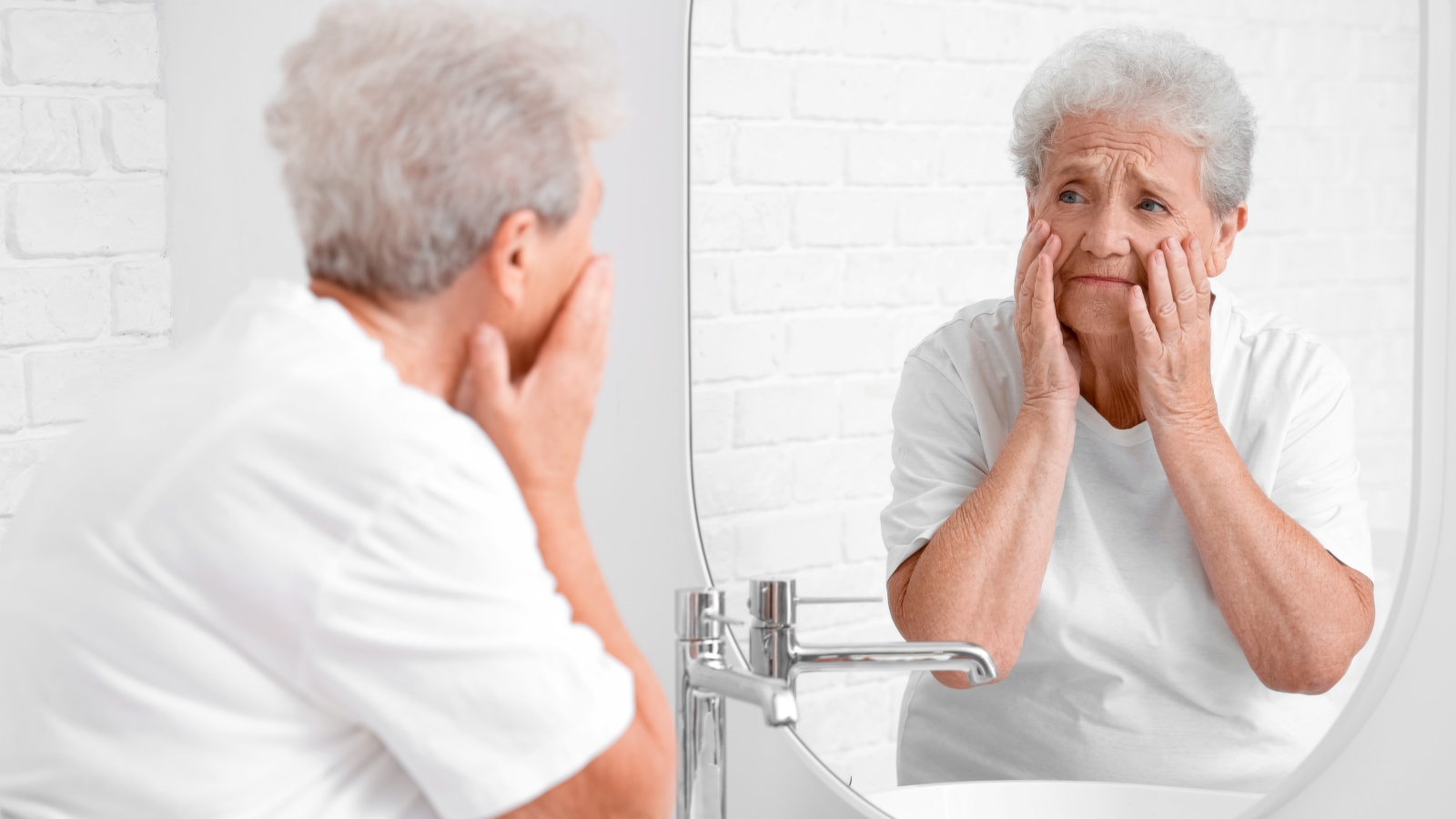
Editorial Credit: Pixel-Shot / Shutterstock.
The emergence of skin imperfections, be it moles, age spots, or sun spots, is a daily occurrence. These markings, often humorously dubbed “old people spots,” can increase to the point where one could play connect the dots on the skin. Though essentially harmless, the sheer abundance warrants caution. Regular check-ups with a doctor become imperative to ensure these spots pose no underlying health risks, emphasizing the importance of proactive medical attention despite the often benign nature of these skin developments.
Hearing Loss

Editorial Credit: thodonal88 / Shutterstock.
A prevalent occurrence as individuals age is the onset of hearing loss. This phenomenon can be profoundly frustrating and even lead to feelings of depression. Phrases like “What? Pardon? Can you repeat that again, please?” become commonplace in daily interactions. There is a need for more TV volume to accentuate the challenge. The repercussions extend beyond mere auditory limitations, impacting the ability to effectively communicate with loved ones and potentially culminating in social isolation, underscoring the broader implications of age-related hearing impairments.
Different Sleep Behavior

Editorial Credit: Motortion Films / Shutterstock.
According to the Sleep Foundation, older adults commonly encounter shifts in sleep quality and duration, primarily attributed to changes in the body’s internal clock. Situated in the hypothalamus, this clock comprises approximately 20,000 cells forming the suprachiasmatic nucleus (SCN), regulating 24-hour circadian rhythms. These rhythms influence hunger, hormone release, and alertness. Aging induces alterations in sleep patterns as the SCN’s function declines, disrupting circadian rhythms. Gone are the days of a consistent 11-to-6 sleep schedule; many individuals over 60 grapple with fragmented sleep, leading to daytime fatigue and a sense of depletion. Bedtime is at 8, awakened at midnight, returned to sleep at 2 a.m., and rose again at 5.
Anxiety Increase

Editorial credit: fizkes / Shutterstock.
An unexpected shift can occur during your day, whether engaged in casual conversations with friends or waiting in line at the grocery store. Abruptly, anxiety strikes seemingly without cause. In an instant, you find yourself overwhelmed, struggling to breathe, and convinced you’re experiencing a heart attack, grappling with an overwhelming sense of helplessness. The sudden onset of such episodes introduces an unpredictable element, leaving one bewildered and uncertain about the appropriate course of action.
Hair Loss

Editorial credit: Giulio_Fornasar / Shutterstock.
The relentless march of time brings about visible changes, and one stark example is the thinning and balding of areas that once boasted a lush hair cover. It’s not limited to just the head; other regions are not spared either. The lament for the lost abundance of youthful hair prompts a poignant question: where is our hair vanishing? The humor-tinged exclamation of “Dis tew much!” encapsulates the emotional weight of grappling with this aspect of aging, prompting contemplation on potential remedies, perhaps even entertaining the idea of wigs.
Aches and Pains

Editorial credit: Perfect Wave / Shutterstock.
As the aging process unfolds, the certainty of joints becoming stiff and painful becomes pronounced, primarily attributable to the wear and tear they endure over time. Your back, knees, and elbows may all succumb to discomfort, and so on. It’s an experience where pain unexpectedly surfaces in areas that were perfectly fine just a week ago. The cumulative effect is an overarching sense of discomfort that permeates routine activities like walking, getting up, sitting down, and bending, thereby impacting one’s overall quality of life.
Metabolism Slows Down

Editorial Credit: PeopleImages.com – Yuri A / Shutterstock.
With the aging process, there’s a noticeable decline in the body’s metabolism, posing challenges in maintaining a healthy weight. This shift, particularly disheartening for those who have led active and weight-conscious lives, introduces a layer of frustration. However, the impact extends beyond weight management; the sluggish metabolism also influences the inclination to engage in enjoyable activities and reduces the natural urge to get up and go, marking another facet of the broader effects aging can have on our daily vitality.
Decreased Libido

Editorial credit: Lucigerma / Shutterstock.
The ebb and flow of hormone levels with age brings forth a notable shift in libido, and for many, this becomes a source of frustration. Reflecting on the days when stamina was more abundant, the stark contrast to the current lack of desire and urge is evident. The reminiscence of ancient times when endurance seemed boundless underscores the poignant change in one’s intimate experiences. The transition to a state of diminished desire, a void where once there was a genuine urge, encapsulates a challenging aspect of the aging journey.
Lost Patience

Editorial Credit: fizkes / Shutterstock.
As one age, there’s a noticeable shift in perspective. The capacity for patience with annoying or toxic individuals diminishes, leaving a preference for the uncomplicated companionship of a beloved pet, be it a dog or cat. The filter that once tempered expressions weakens, and there’s a newfound frankness in conveying feelings. The question arises – could this unfiltered honesty be a positive transformation? It’s a contemplation of the evolving dynamics of social interactions and the reassessment of priorities that comes with time.
Burning Mouth Syndrome

Editorial Credit: engagestock / Shutterstock.
The perplexing phenomenon known as burning mouth syndrome tends to afflict primarily older individuals, typically those aged 60 and above. Its capricious nature means it arrives and departs at its own discretion. In the face of this enigmatic condition, the most viable recourse appears to be intensive moisturization, not only for the mouth but, in a lighthearted twist, almost akin to “moisturize your heart out.” The somewhat humorous phrase encapsulates the ongoing efforts to alleviate the discomfort associated with this syndrome, shedding light on the complexities of managing age-related oral issues.
Floaters and Vision Loss

Editorial Credit: PeopleImages.com – Yuri A / Shutterstock.
The advent of floaters, while deemed anything but fun, becomes an unwelcome companion in the aging process. These miniature black squiggly lines infiltrating your eyes are hardly a cause for celebration. The aging trajectory not only introduces floaters but also heralds vision decline. The ensuing deterioration can cast a shadow over routine activities like reading or driving, injecting an element of frustration into the daily equation. The evolution of vision, or perhaps its regression, underscores another facet of the multifaceted aging experience.
Sagging Skin on Face

Editorial Credit: Krakenimages.com / Shutterstock.
With the aging process, the skin undergoes a loss of elasticity, rendering it susceptible to wrinkles. Gazing into the mirror can evoke frustration as lines and wrinkles emerge, reshaping the face. Eyelids droop, cheeks cave in, and peculiar lines form around the mouth and chin, each with its designated name. The quizzical notion arises – who bestows these names? The face appears to be in a state of descent, struggling to regain its former allure. For those open to plastic surgery, the prospect of reversing these changes and sculpting a new visage becomes a viable consideration.
Your Sweat Will Smell Different

Editorial Credit: Cast Of Thousands / Shutterstock.
Observing a shift in your body odor as you age is not uncommon. This alteration is attributed to the response of your sweat glands to hormonal fluctuations and, in certain instances, medications. The transformation in body odor is a tangible manifestation of the intricate interplay between physiological changes and external factors such as medication usage, reflecting the multifaceted nature of how our bodies adapt and evolve with time.
Digestive Issues

Editorial credit: Andrew Angelov / Shutterstock.
The bygone era of unrestricted eating is a distant memory as aging influences digestion. Many individuals grapple with unwelcome companions such as gas, bloating, and constipation. The playful monikers of “gas pants,” “bloaty belly,” and the unwelcome guest, heartburn, humorously encapsulate the digestive challenges that come with aging. The need for increased mindfulness about dietary choices and meal frequency becomes apparent, marking a shift towards a more considered approach to nourishment as one navigates the intricacies of the aging digestive system.
Incontinence

Editorial credit: Olena Yakobchuk / Shutterstock.
The fear of a robust sneeze or a hearty cough in public becomes a common concern for many individuals over 60 due to incontinence. Confronting the reality of lacking bladder control can be inherently embarrassing. This condition often stems from weakened pelvic muscles or, in the case of men, an enlarged prostate. Acknowledging these challenges prompts a candid discussion about the impact of age on bodily functions, shedding light on the sometimes uncomfortable but widespread experiences that accompany the aging process.
“No Boomers Allowed”: 15 States Where Retirees Are NOT Welcome

Image Credit: Rapideye via Canva.com
If you’re planning a significant change during retirement, it’s crucial to think about the kind of home you desire and the aspects you should steer clear of. “If you’re thinking about making a big move in retirement, it’s important to consider what characteristics you want in your new home and which ones to avoid at all costs,” suggests experts. To assist you, we’ve compiled a catalog of the 15 least favorable states for retirement.
“No Boomers Allowed”: 15 States Where Retirees Are NOT Welcome
16 UNACCEPTABLE THINGS BOOMERS GOT AWAY WITH IN THEIR YOUTH THAT WOULD SPARK OUTRAGE TODAY

Image Credit: DepositPhotos.
Looking back on the childhood of the boomer generation, it becomes evident that certain things once considered appropriate would never pass today’s standards. The cultural landscape has evolved significantly, leading us to recognize 16 aspects of their upbringing that would be deemed wholly unacceptable today. From unsupervised outdoor adventures to unfiltered television content, the boomer generation got away with various experiences that would undoubtedly raise eyebrows in today’s world. Let’s delve into these intriguing elements of their upbringing and reflect on how far society has come.
16 UNACCEPTABLE THINGS BOOMERS GOT AWAY WITH IN THEIR YOUTH THAT WOULD SPARK OUTRAGE TODAY
STUCK IN THE 60S: 10 THINGS BABY BOOMERS REFUSE TO LET GO OF

Image Credit: RapidEye via Canva.com
Memories of the “good old days” keep us trapped in the past. Baby boomers love to retell tales of how it was “in my day.” At the same time, millennials will tell them to get with the times. Being stuck in a time warp from which they don’t want to snap out of, here are things that baby boomers still think are fantastic. STUCK IN THE 60S: 10 THINGS BABY BOOMERS REFUSE TO LET GO OF
IT’S TIME TO LET GO: 30 OUTDATED BOOMER HOME TRENDS THAT DESPERATELY NEED TO BE SHOWN THE EXIT!

Image Credit: Shutterstock.
With the advances of social media, home trends, décor, and fads change faster than ever before. While some trends become instant classics, others can be redundant, unsensible, or just downright hideous. In a popular online forum, users shared the home fads they’re tired of seeing. We’ve compiled a list of these most disliked home décor fads, so grab a cup of coffee, and let’s look into these less-than-inspiring home design options!
IT’S TIME TO LET GO: 30 OUTDATED BOOMER HOME TRENDS THAT DESPERATELY NEED TO BE SHOWN THE EXIT!
BOOMERS FED UP: THE NEVER-ENDING SAGA OF MILLENNIAL BLAME FOR FINANCIAL FAILURES – ENOUGH IS ENOUGH!

Image Credit: Shutterstock
Millennials look at their current economic situation with despair. The feeling amongst them is that the boomers are the cause of their woes. Boomers are considered to be a group of individuals who are self-serving, greedy, and short-sighted. But is this the case?
BOOMERS FED UP: THE NEVER-ENDING SAGA OF MILLENNIAL BLAME FOR FINANCIAL FAILURES – ENOUGH IS ENOUGH!












































